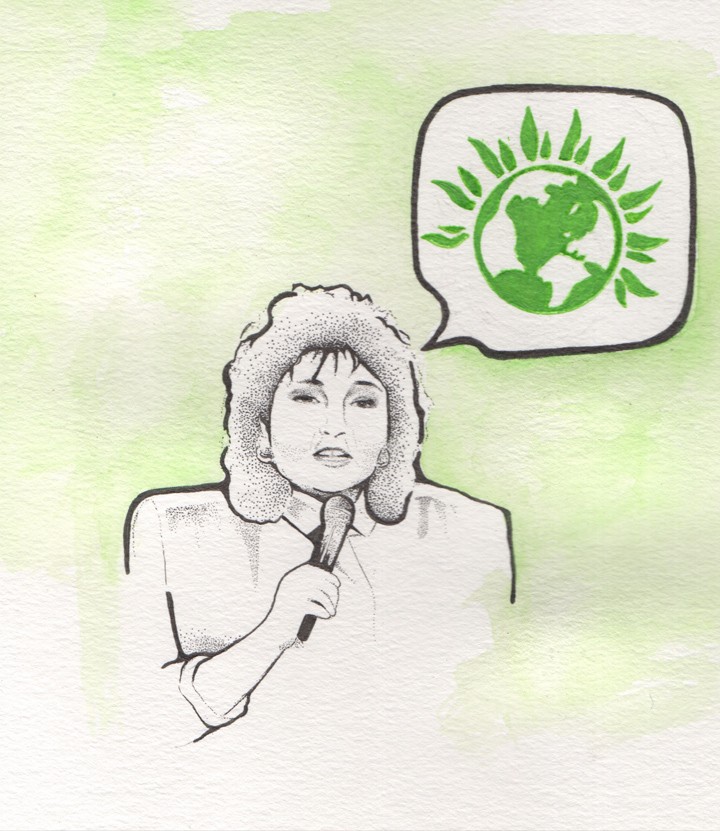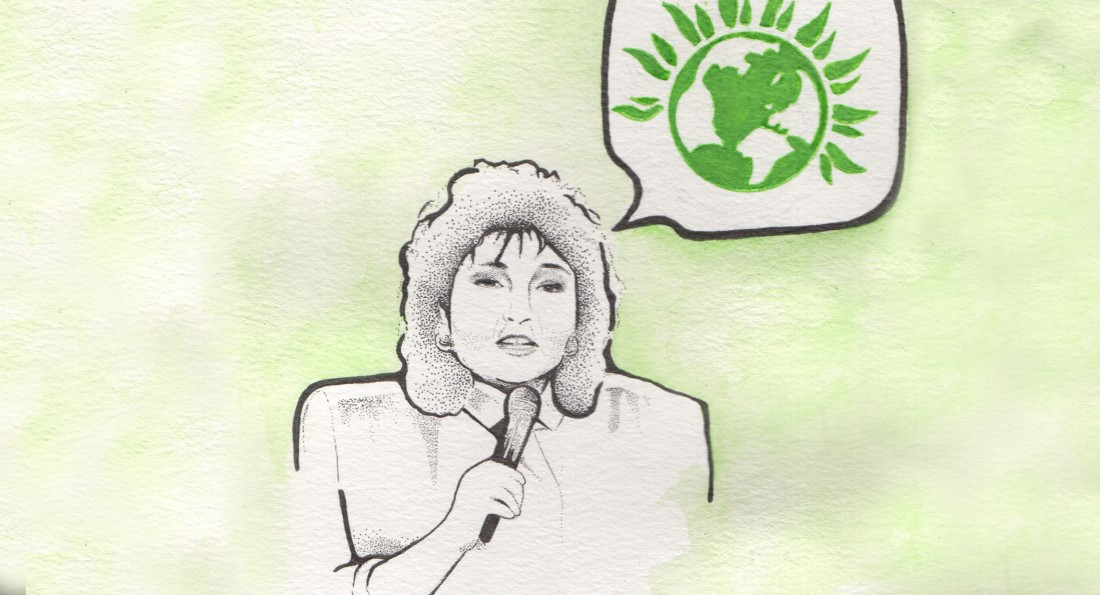Barr None
An honest look at Roseanne Barr’s status as a complicated icon
Those who haven’t followed Roseanne Barr’s career may be excited about her visit to Winnipeg, but those who have seen her Twitter feed may have mixed feelings. The star of ABC’s Roseanne will perform on Sept. 8 at Club Regent Casino in Winnipeg.
Social media has changed the landscape of celebrity, which is an exciting development with a few notable drawbacks. Being accessible means being flawed, and some flaws are easier to reconcile than others.
“She’s a complicated figure,” Candida Rifkind, associate professor at the University of Winnipeg (U of W), says. “She continues to speak out candidly, and her political views are volatile, especially on Twitter. Her recent defense of Donald Trump and anti-Muslim advocacy for Israel have lost her some of her traditional feminist fan base.”

Barr’s views can be difficult to pin down. While she’s stated she doesn’t support Trump, she does defend his views. She’s also voiced opinions on other subjects over the years, including conspiracy theories and Islamophobia.
It may be argued that someone in the entertainment world should not be scrutinized for their political beliefs, but Barr’s complexity comes from the fact that her voice has often been seen as an instrument for change.
“Roseanne was probably the first female lead in a U.S. network TV show who didn’t fit beauty norms, didn’t care and spoke candidly and cuttingly about the enormous pressures on women to have and be it all,” Rifkind says.
Issues such as domestic violence, alcoholism, menstruation, queerness and Reaganomics were discussed on the show as part of everyday life for average people, Rifkind says.
“Certainly when we look at television, (Roseanne) opened the doors for other shows and broke moulds in that way,” Hope McIntyre, a U of W faculty member and expert on women in the arts, says. “Since her time, there’s been – I would say – a proliferation of female comics. It’s been slow, but I think we now have a more vibrant scene.’”
Moving forward, how should Barr’s past accomplishments be viewed in light of her current viewpoints?
“The reality is we want these women who break the glass ceiling to be perfect, and they’re not,” McIntyre says. “I think there’s a really fine line between admitting that they’re human and not allowing them to get away with stuff that isn’t acceptable. That’s what I struggle with.”
Rifkind says she thinks we watch something like Roseanne (the TV show) both like an artifact from a time capsule and through the lens of the present.
“On the one hand, it lends itself to a nostalgic viewing of the late 1980s and ’90s and the popularization of third wave feminism. On the other hand, Roseanne’s prickly TV character seems destined to become her current persona - an outspoken and gruff critic whose views are not always defensible,” Rifkind says.
She points out Barr’s earlier work was considered problematic in some circles at the time.
“She and many other feminist comedians are constantly subjected to criticism for being too loud, too big and too much,” Rifkind says.
Published in Volume 71, Number 1 of The Uniter (September 8, 2016)







